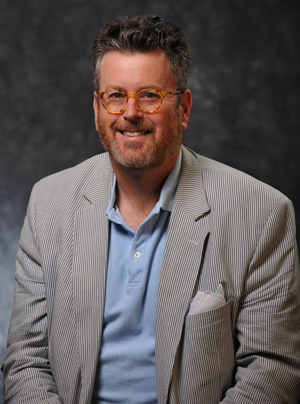
The results of a recent Zogby poll confirm the growing anti-American attitude of most of the Arab world, and President Obama’s lack of meaningful action in the Israeli-Palestine conflict can be blamed for a good portion of it, according to Michael Desch, a University of Notre Dame political scientist and fellow in the Kroc Institute for International Peace Studies.
“Since 1967, U.S. policy toward the region has tilted decisively in favor of Israel,” Desch explains. “The president needs to take a truly even-handed approach to dealing with the conflict, even though it may be risky and cut against the grain of historical U.S. policy.”
One of Israel’s arguments against a treaty with Palestine is the fear of “delegitimizing” the Jewish state, which is why the prospect of the United Nations’ recognition of Palestine is so troubling to Israel.
“Obama should threaten to abstain in this matter if the Netanyahu government continues to drag its feet in fully embracing the two-state solution, which is Israel’s only hope for remaining Jewish and democratic,” Desch says.
The president also needs to use that leverage “to bring Netanyahu around to accepting that the 1967 borders are the starting point for the two-state solution, that Jerusalem will have to be shared as the capital of both states, and that some provision, however symbolic, will have to be made for the Palestinian refugees of 1948.”
An end to the conflict will not only benefit Israel and Palestine, but it also will advance U.S. interests, Desch says.
“Americans tend to dismiss al-Qaeda’s – and other radical states’ – embrace of the Palestinian cause as cynical rhetoric. But there is no doubt that the continuing Israeli occupation of lands most of the rest of the world regards as Palestine inflames anti-Israel and anti-U.S. sentiments and hinders our war against terrorism,” Desch says.
Contact: Desch’s comments may be used in whole or in part; he can be reached at mdesch@nd.edu or 574-631-2792.